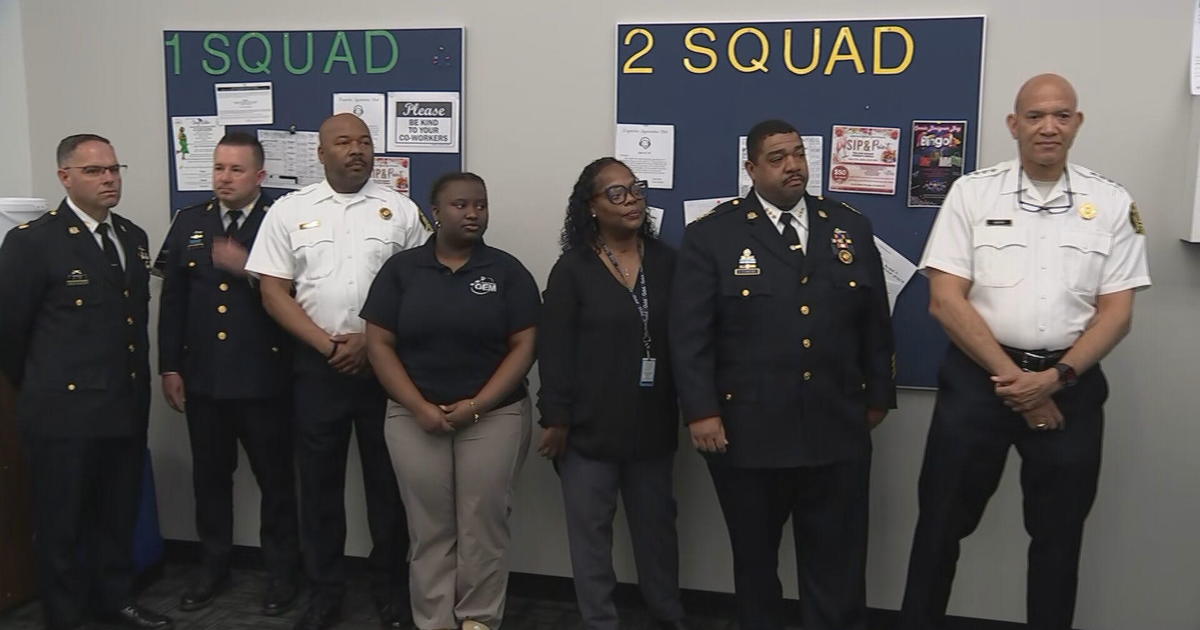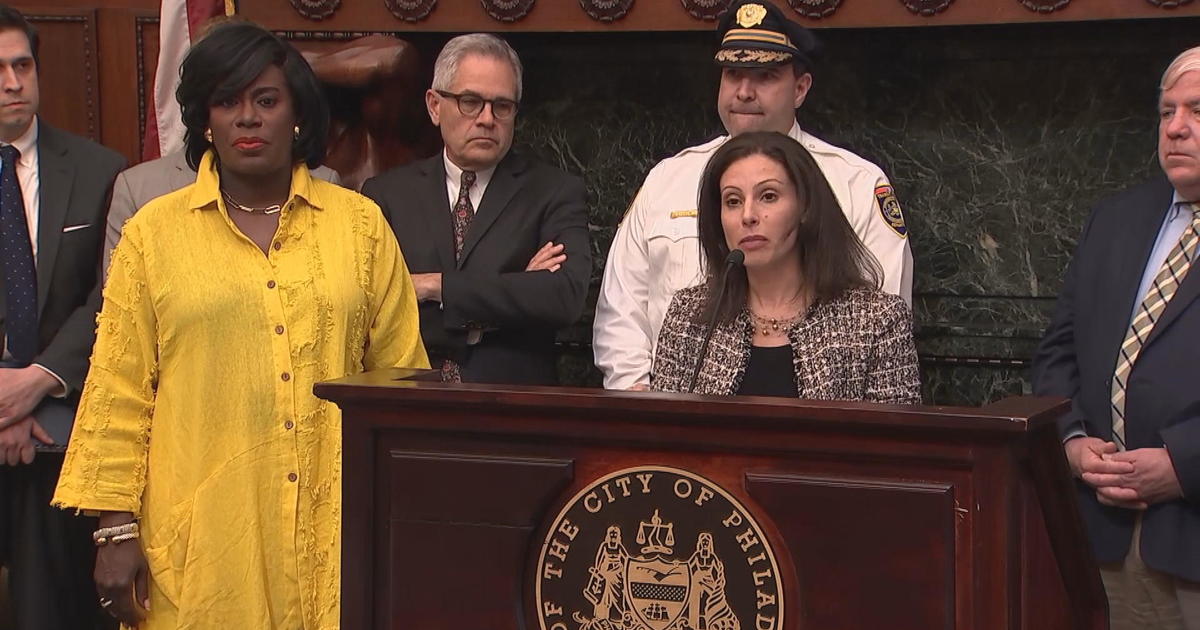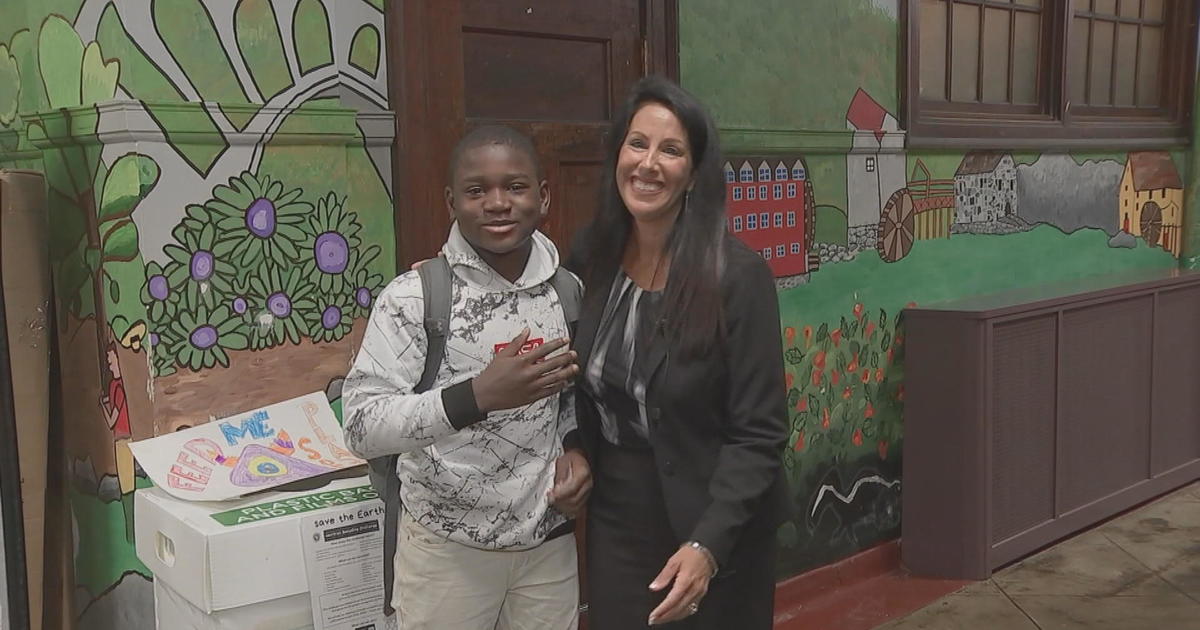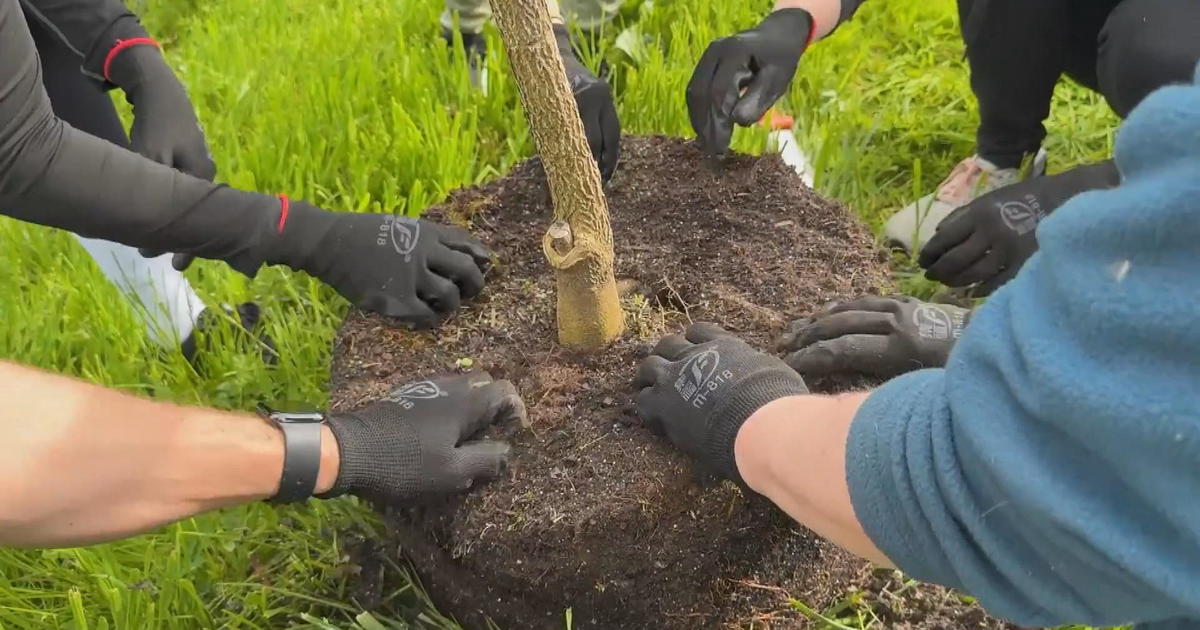Temple University Study Connects Dots Between Philadelphia Gun Violence, COVID Pandemic
PHILADELPHIA (CBS) -- Connecting the dots between Philadelphia's gun violence and the pandemic. Brand new information could help us better understand the crisis.
A Temple University research team has examined the people and the places impacted by gun violence during the pandemic.
CBS3 spoke to one of the doctors involved. Here's what they found.
"More women and children were shot than before the start of the pandemic. There were also a greater number of shooting incidents in which four or more people were shot, and overall, our city has seen almost double the number of people shot since the pandemic started," Dr. Iman Afif said.
Here are some bullet points to enumerate what the study found.
- From the day the lockdown or quarantine began on March 16, 2020, the proportion of women shot increased by 39%
- Black women were now 11% more likely to be shot than before. Black children were 8% more likely
- And incidents of mass shootings -- that's four or more people shot within an hour and within a city block of each other -- rose 53%.
"The theory is that people who are already at a significant disadvantage were made more vulnerable by lockdown measures and the absence of social support," Afif said.
Of course, there's much more to it.
"We know that unemployment levels were at an unprecedented high, especially at the start of the pandemic when many people lost their income and health insurance. Social services were stretched thin and then schools were closed with few alternatives for child care," Afif said.
Other countries have poverty, as well as a lack of opportunity and resources for its poor. This is a uniquely American phenomenon.
"I think we really have to start treating gun violence as the public health crisis that it is and that means we need to better understand the underlying causes and how to address it really by tackling the structural issues that make it such a problem in our city and others like it," Afif said.
The study also found that there were increased rates of shootings in parts of northeast, eastern and southwest Philadelphia, plus an increase in mass shootings in Northeast Philadelphia.



